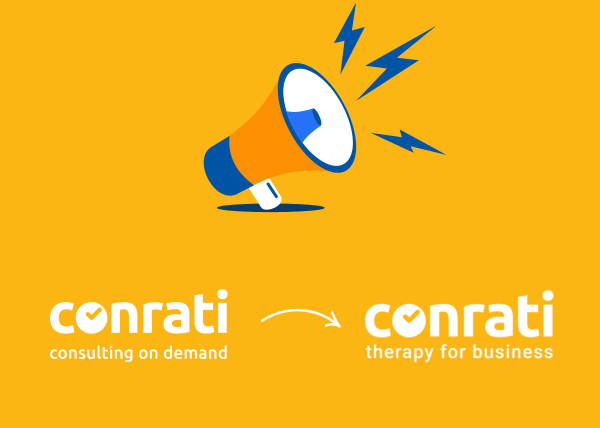Grief is a natural response to losing someone or something that means a lot to you. Sadness or loneliness may be among the most intense emotions you experience.
Grief can be caused by a variety of factors such as a death in the family, the end of a relationship, or the loss of a job. It is also possible to experience grief due to other life changes, such as chronic illness or moving to a new home.
Each person grieves in their own way.
Healing comes from taking care of yourself, understanding your emotions, and seeking support. Some people may suffer or develop depression, anxiety or PTSD over a longer period of time as they try to cope.

Some common reactions of grief include:
- A sense of shock, disbelief, or denial
- Fear and anxiety
- Periods of sadness
- Loss of sleep and loss of appetite
- Distress
- Anger
What are the stages of grief?
Your feelings may come in phases as you adjust to your loss. Though you cannot control the process, you can understand why you feel the way you do.
There is no time frame or severity that one can measure against. You may also experience one stage of grief for a longer period of time than another or skip a stage altogether.
While the stages of grief are no longer considered ideal ways to think about grief, you may have heard of them:

Stage 1: Denial
By denying it, you can gradually absorb and process the news. In this way, you can become numb to the intensity of the situation as a defense mechanism.
The emotions that have been buried will begin to surface as you move out of the denial phase. The sorrow you’ve denied will come flooding back to you. Grief also involves dealing with that, but it can be difficult.
Stage 2: Anger
In contrast to denial, anger is a masking effect. It hides many of the emotions and pain that you carry. As reality sets in, you feel the pain of your loss. The feeling of helplessness and frustration may be overwhelming. Later, these feelings turn into anger.
There are many ways to direct your anger, whether it is toward other people, a higher power, or life in general. As the anger subsides, you’ll be more in tune with what’s really going on and be able to feel the emotions you’ve been ignoring
Stage 3: Bargaining
In this stage, you dwell on what you could have done to prevent the loss. In addition to thinking ‘If only…’ and ‘What if…’, you might also negotiate with a higher power for healing or relief from the grief and pain.
When you are grieving, you may feel helpless and vulnerable. A feeling of control or a feeling of being able to influence the outcome of an event is not uncommon during moments of intense emotion.
The act of bargaining is a defense against grief’s emotions. In this way, you are able to postpone feelings of sadness, confusion, or hurt.
Stage 4: Depression
It may appear that depression is a quiet stage of grief. Loss can cause you to run from emotional experiences, trying to stay ahead of them.
As you progress through this process, you may be able to embrace and work through them more effectively. As a way to cope with loss, you may decide to isolate yourself from others.
However, depression is not easy or well defined. It can be difficult and messy to deal with depression as it is with other grief stages. The feeling of fog, heaviness, and confusion may be overwhelming.
It may be helpful to talk to a mental health expert if you feel stuck here or cannot move past this stage of grief. In the midst of this period of coping, you can seek help from an online therapist.

Stage 5: Acceptance
Your final stage of grief is acceptance. No matter how hard we try, we can’t change it. Despite still feeling sad, you’re able to move forward.
There is no reason to consider this stage of grief to be happy or uplifting. This does not imply that you’ve moved past your grief. In reality, it means you’ve accepted it and understood its meaning in your life.
This stage may feel very different for you. That’s to be expected. You’ve experienced a major change in your life, which transforms your perception of many things.
See acceptance as a means of recognizing that there will be more good days than bad ones and that you as a person needs time and patience.
If you have a friend who is going through loss, you may benefit from learning 8 ways to support a friend through grief.
Conrati offers affordable online therapy from therapists to psychologists in the comfort of your home or office. Free bookings are also made available from selected Advice Providers. View and make a booking through the online platform and start your journey to healing.










2 Replies to What happens during each stage of grief?
Why your child should have a tutor
Conrati nominated as a Top Environmental Consulting Company by Futurology
Developing a panic disorder as a result of frequent panic attacks
How Cognitive-Behavioural Therapy (CBT) can benefit your mental health
How to boost 8 different forms of health
Conrati nominated as a Top Environmental Consulting Company by Futurology
How social media affects mental health
Understanding Bipolar Disorder